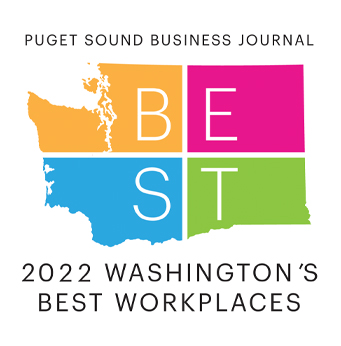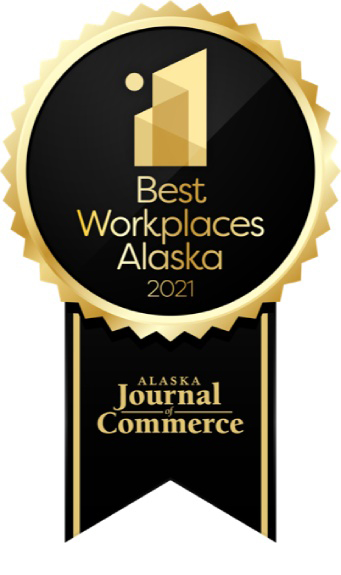Managing Hospitality Risk Foodborne Illness
May 25, 2010
Foodborne Illness – What’s at risk?
Accurate diagnosis is sometimes difficult, but it has been estimated that somewhere between 24 to 81 million foodborne illnesses occur each year, resulting in more than 10,000 foodborne-associated deaths with the consequential costs ranging anywhere from $7.7 to $23 billion.
If one of your guests falls ill after eating food prepared in your establishment, they may have been exposed to biological hazards, including bacteria, viruses, chemical hazards such as cleaning agents and toxins, or physical hazards such as bone, glass, and/or metal. Symptoms may include nausea, vomiting, diarrhea, fever, and/or severe headaches. Those with the least ability to fend off infections (infants, elderly, pregnant women, and the immuno-compromised) are most vulnerable.
The consequences can be devastating, including serious injury, and even death. In busy restaurants or banquet settings, large groups can be affected during a single serving, leading to multiple claims or even class-action suits. Health departments can issue fines and suspend food service privileges. A hotel’s reputation can be irreparably harmed.
What are your legal obligations as a hospitality manager?
Hospitality managers have a legal obligation to sell only food that is wholesome, fit for consumption, and prepared in a safe manner. This responsibility is mandated by the Uniform Commercial Code (UCC), as well as, other state and local laws and health codes. Whether you are aware of it or not, there is an “implied warranty” on all food that you serve. You are required to operate your facility in a manner that protects guests from the possibility of foodborne illness, or any other injury that may be caused by consuming unwholesome food or beverages. To enforce these standards, local health departments will provide routine inspections of restaurants and other food production facilities. Working cooperatively and proactively with your health department representative is sound practice. Besides inspection services, most health departments have outstanding resources available to help you train your staff and remind them of their obligations.
How can you better protect your organization?
For some suggestions designed to assist you in developing policies and procedures for your organization, please review the checklist. – click here to download checklist.
Information provided by National Speciality Underwriters.
The views and opinions expressed within are those of the author(s) and do not necessarily reflect the official policy or position of Parker, Smith & Feek. While every effort has been taken in compiling this information to ensure that its contents are totally accurate, neither the publisher nor the author can accept liability for any inaccuracies or changed circumstances of any information herein or for the consequences of any reliance placed upon it.



